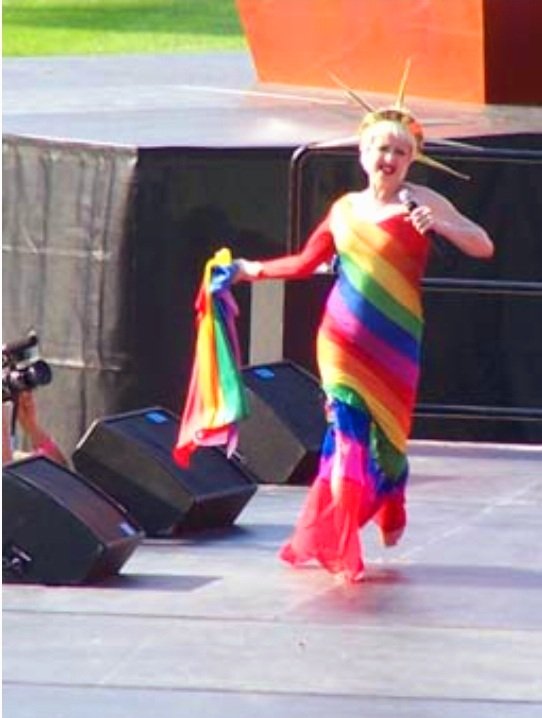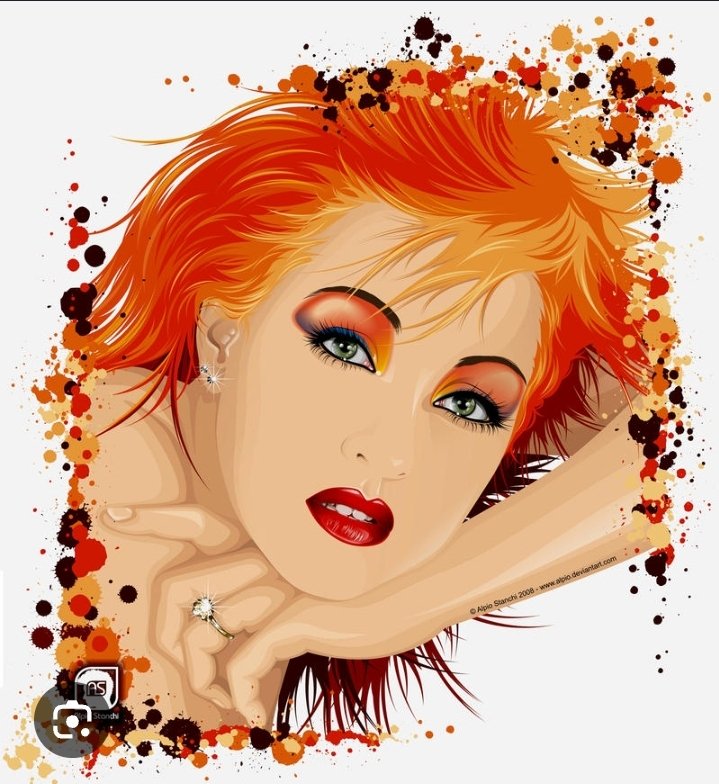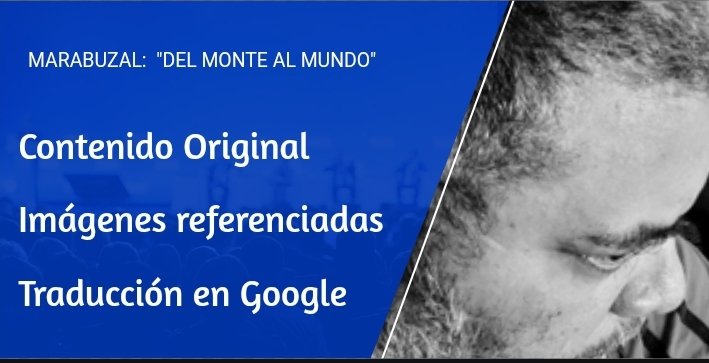✨ Cyndi Lauper: The Rebel Who Colored the Soul| Cyndi Lauper: La rebelde que coloreó el alma (ENG-ESP)

In Cuba in the 1970s and 1980s, radio waves were clandestine windows to the world, thanks to which the songs of
Cyndi Lauper arrived, like messages in broken bottles. And those songs were more than just melodies: they were glimpses of freedom in a gray time. We, those of us who grew up listening to her through static, understood something that not even English dictionaries could teach us: that true music needs no translation.
Born in Brooklyn in 1953, Cyndi never fit in. And that was her superpower. While other singers were polishing their image, she appeared with ripped tights, rainbow hair, and recycled punk jackets. Her first album, She's So Unusual (1983), was a cultural bombshell: four Top 5 hits, something unheard of. But here on the Island, we didn't care about the charts. What electrified us was how "Girls Just Want to Have Fun" turned any dark room into an underground party.
"Time After Time" taught us that men could also cry without shame, "She Bop" broke taboos by talking about female pleasure in a society where the subject wasn't even whispered about, and "True Colors" became the rallying cry for all of us who'd ever felt out of place: the weird ones, the different ones, those of us who carried our hidden desires.

In a country where difference has always been dangerous, those songs were a kind of secret code for many. Those of us who listened to her, even half-heartedly, formed an invisible sisterhood.
When she gave her concert in Chile in 1989, breaking attendance records, some Cubans managed to listen to pirated broadcasts.
Cyndi wasn't content with being a pop star: she stole a Tony Award for Kinky Boots with the same ease with which she defended LGBT rights when it was still dangerous to do so, and then stood in a Memphis studio to sing blues with more soul than any Delta veteran. That's how great her legend is.
With seven decades under her belt, Cyndi remains that rebellious force that defies the passage of time. While the entertainment world pushes female artists into silent retirement, she continues to take to the stage in her combat boots and electric hair, proving that authenticity has no expiration date. Every time she opens her mouth to sing, she seems to be telling us the same thing she was in the '80s: "Here I am, I'm still me, and no one's going to put me in a box."
For those of us who grew up under closed skies, her music was more than entertainment: it was a crash course in freedom. It didn't matter that the lyrics arrived fragmented by radio static or that we watched the videos years later on pirated copies.
Those songs taught us that there were other ways to be in the world, that being different wasn't a flaw but a superpower. Cyndi, unknowingly, became the teacher of a generation or several, who learned to question the established order to the rhythm of synthesizers.

That is the true legacy of the girl who just wanted to have fun and ended up teaching lessons in courage to half the planet. Her music continues to travel, as it did in those days, crossing seas and borders, to remind us that well-understood rebellion never goes away.


Cyndi Lauper: La rebelde que coloreó el alma

En la Cuba de los años 70 y 80, las ondas de radio eran ventanas clandestinas al mundo, gracias a ellas llegaron las canciones de
Cyndi Lauper, como mensajes en botellas rotas. Y esas canciones eran algo más que simples melodías: eran destellos de libertad en una época gris. Nosotros, los que crecimos escuchándola entre interferencias, entendimos algo que ni los diccionarios de inglés podían enseñarnos: que la música verdadera no necesita traducción.
Nacida en el Brooklyn de 1953, Cyndi nunca encajó. Y ese fue su superpoder. Mientras otras cantantes pulían su imagen, ella aparecía con medias rotas, pelo de arcoíris y chaquetas de punk reciclado. Su primer disco, She's So Unusual (1983), fue un bombazo cultural: cuatro éxitos en el Top 5, algo nunca visto. Pero aquí, en la Isla, no nos importaban las listas. Lo que nos electrizaba era cómo "Girls Just Want to Have Fun" convertía cualquier cuarto oscuro en una fiesta clandestina.
"Time After Time" nos enseñó que los hombres también podían llorar sin vergüenza, "She Bop" rompió tabúes al hablar de placer femenino en una sociedad donde ni se susurraba del tema, y "True Colors" se convirtió en el grito de guerra de todos los que alguna vez nos sentimos fuera de lugar: los raros, los diferentes, los que llevábamos nuestros anhelos escondidos.

En un país la diferencia siempre ha sido peligroso así que aquella canciones eran una especie de códigos secretos para muchos. Los que la escuchábamos, aunque fuera a medias, formábamos una cofradía invisible.
Cuando en 1989 dio su concierto en Chile, rompiendo récords de asistencia, algunos cubanos lograron escuchar transmisiones piratas.
Cyndi no se conformó con ser estrella de pop: se robó un Tony por Kinky Boots con la misma naturalidad con que defendió derechos LGBT cuando aún era peligroso hacerlo, y luego se plantó en un estudio de Memphis para cantar blues con más alma que cualquier veterano del Delta. Así de grande es su leyenda.
Con siete décadas a cuestas, Cyndi sigue siendo esa fuerza desobediente que desafía el paso del tiempo. Mientras el mundo del espectáculo empuja a las artistas mujeres hacia el retiro silencioso, ella sigue subiendo a los escenarios con sus botas de combate y su melena eléctrica, demostrando que la autenticidad no tiene fecha de caducidad. Cada vez que abre la boca para cantar, parece decirnos lo mismo que en los 80: "Aquí estoy, sigo siendo yo, y nadie me va a poner en una caja".
Para los que crecimos bajo cielos cerrados, su música fue más que entretenimiento: fue un curso acelerado de libertad. No importaba que las letras llegaran fragmentadas por la estática de la radio o que los videos los viéramos años después en copias piratas.
Esas canciones nos enseñaron que había otras formas de estar en el mundo, que ser diferente no era un defecto sino un superpoder. Cyndi, sin saberlo, se convirtió en la maestra de una generación o de varias, que aprendieron a cuestionar lo establecido al ritmo de los sintetizadores.

Ese es el verdadero legado de la chica que solo quería divertirse y terminó dando lecciones de valentía a medio planeta. Su música sigue viajando, como en aquellos días, cruzando mares y fronteras, para recordarnos que la rebeldía bien entendida nunca pasa.

Oh, esta chica es pura energía, no importa si la disfrutas en vivo, en video clip, o en la radio.
Absolutamente de acuerdo 🌿✨
Me recuerda mi primera juventud 🤣 que belleza tu post
Gracias 😘 querida @iriswrite, tu lozanía resalta a la vista de todos 🌿
Congratulations @marabuzal! You have completed the following achievement on the Hive blockchain And have been rewarded with New badge(s)
Your next target is to reach 3250 replies.
You can view your badges on your board and compare yourself to others in the Ranking
If you no longer want to receive notifications, reply to this comment with the word
STOPMe has hecho evocar los tiempos de mi niñez...
Recuerdo que, cuando estuve en gimnástica la música que más se ponía en el gimnasio era la de ella y de Madonna para las series de ejercicios de piso. Es curioso cómo no tiene nada que ver aparentemente, pero me hiciste recordar esos tiempos...
Brillante como siempre la reseña que nos traes.
¡Bravo!
!DIY
!HOPE
!INDEED
!ALIVE
Hermosos tiempos seguramente.
@tipu curate
Upvoted 👌 (Mana: 0/65) Liquid rewards.
A me encanta su estilo, de jovencita bailé mucho con su música. Gracias por traerla acá